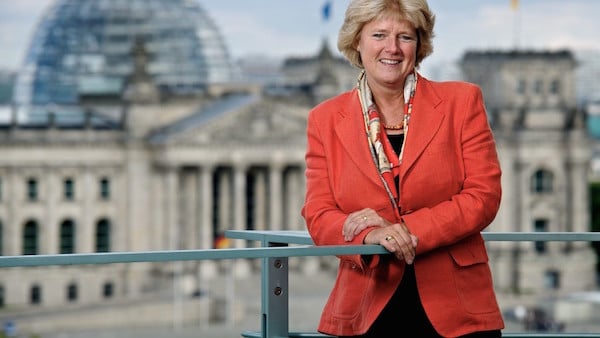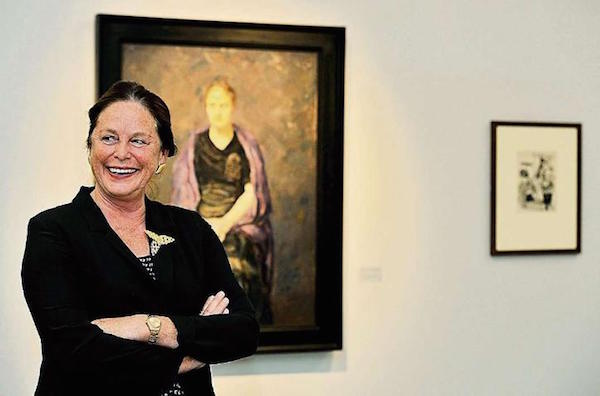Art World
German Artists Force Revision of Controversial Cultural Heritage Law
Will the changes appease the art community?

Will the changes appease the art community?

Henri Neuendorf

After weeks of heavy and sustained criticism from art professionals, Germany’s culture minister Monika Grütters announced a number of changes to the government’s controversial planned cultural protection legislation amendments at a press conference on Wednesday.
It took two of Germany’s top artists to sway the minister’s resolve. Last weekend, Georg Baselitz announced that he will withdraw all loaned artworks from German museums.
And at the beginning of this week, Gerhard Richter followed suit, threatening to also pull his loaned works from museums if the law is passed.

German star artists Georg Baselitz and Gerhard Richter both spoke out against the proposed amendment.
Photo: via Focus.
Outlining the changes, Grütters announced that the export license requirement on works older than 50 years and valued at over €150,000 ($163,000) will now only apply to works older than 70 years and valued at over €300,000 ($327,000).
According to Süddeutsche Zeitung the minister also conceded that “to apply for an export license is doubtlessly not nice.”
The regulations on cultural heritage protection imposed on artworks which are on long-term museum loans—the point that irked Baselitz, Richter, and countless collectors—was also revised.
The new draft stipulates that cultural protection status is only imposed on works as long as they are “permanently held and in the inventory log” of a public institution. If an artwork is withdrawn, or the loan agreement expires, protection status no longer applies.

The proposed law is likely to undergo further changes when it goes to parliament.
Photo: via Structurae.
Furthermore, loanees may now opt-out of cultural protection status altogether “by writing or electronically submitting a declaration to the relevant federal authority.”
Meanwhile, the draft’s highly contentious “right of access” provision, which allowed authorities to access private residences where “the cultural object is being kept,” has been taken out completely.
The provision now only applies to dealers, in accordance with the principles set out in the trade regulations.
Whether or not the government’s proverbial olive branch will suffice to appease Germany’s art professionals remains to be seen.

Max Beckmann’s granddaughter, Mayen, will also withdraw loaned works from German museums.
Photo: Courtesy of Benjamin Weinkauf via Bild.
Meanwhile, Art Magazin reported that Mayen Beckmann, granddaughter of the German expressionist Max Beckmann, isn’t convinced. She announced that she will withdraw loaned works of her famous grandfather from German museums to prevent the “detention” of her family’s assets.